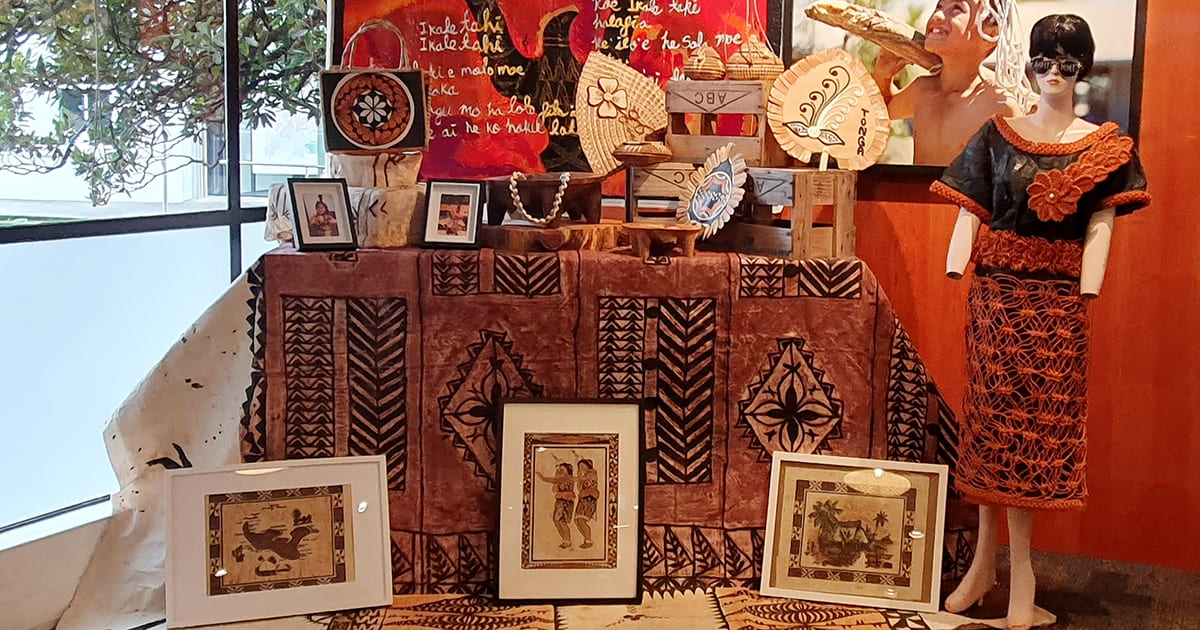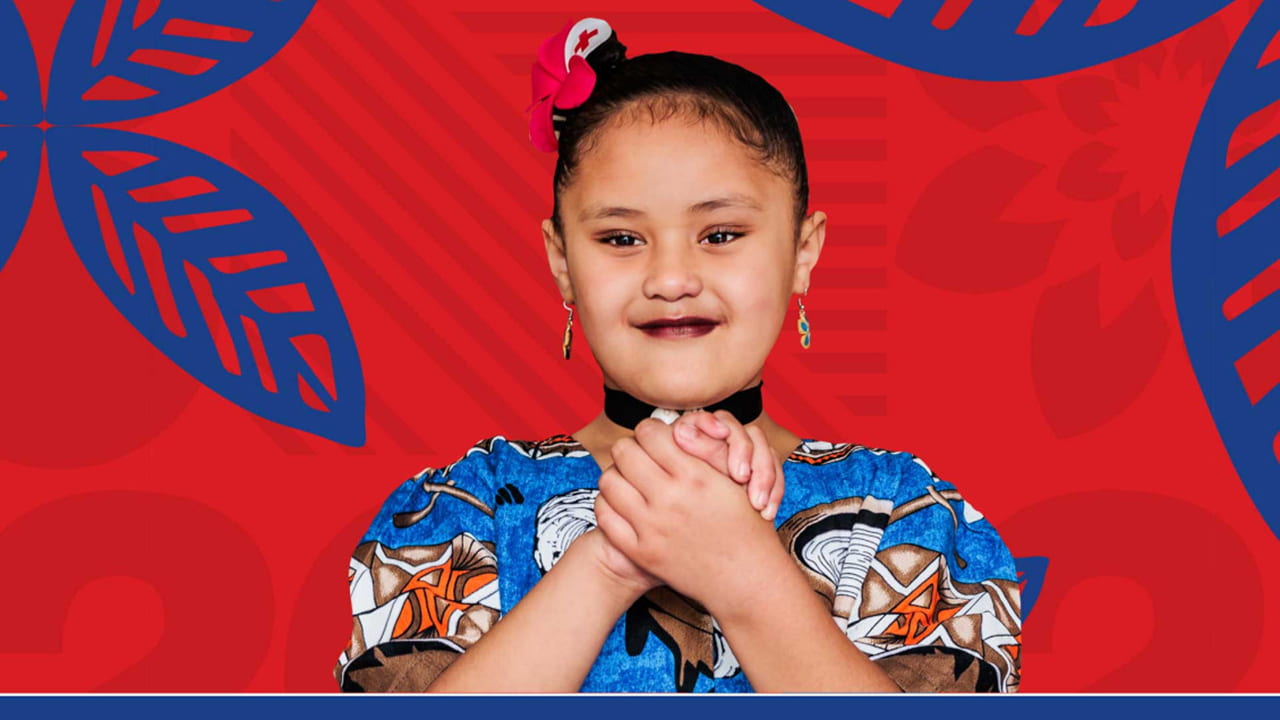Mālō e lelei! Tonga Language Week runs from Sunday 3 September to Saturday 9 September 2023.
The theme for Uike Lea Faka-Tonga 2023 is ‘E tu’uloa ‘a e Lea faka-Tongá ‘o ka lea’aki ‘i ‘api, siasí (lotú), mo e nofo-‘a-kāingá, which means the Tongan language will be sustainable if used at home, church and in the wider community.
The term tu’uloa embodies a positive and progressive essence, representing the continuous growth, nurturing, and enduring sustenance of cherished ideas, practices, events, or memories. This year’s theme centres on the significance of embracing Lea Faka-Tonga. It highlights the importance of understanding Lea Faka-Tonga and the value of its active use within the home, church, and the broader community. Embracing and speaking one’s language fosters a deep sense of cultural pride and serves as a foundation for a stronger sense of identity as a Tongan.
Uike Kātoanga’i ‘o e Lea Faka-Tonga, invites us all to learn more and appreciate Tongan culture.
Dr Melenaite Taumoefolau, Pacific Studies
Dr Melenaite Taumoefolau is a Tongan linguist and language champion. She is a Senior Lecturer at the Centre for Pacific Studies and is familiar to many of us here at the University of Auckland and the wider Tongan community.
Melenaite’s contribution towards maintaining and revitalizing Lea Faka-Tonga is considerable. She was the first Pasifika woman to graduate with a PhD for her thesis Problems in Tongan Lexicography (1998). In 2021, she received a Language Champion Honours award from the Ministry for Pacific Peoples.
Hiva kakala, Love songs – Archive of Māori and Pacific Sound
Hiva kakala are love songs from Niuafo’ou, composed by Kitione Mamata and sung by the group Malau ‘o Vailahi in the village of Sapa’ata, Niuafo’ou in 1967.
Niuafo’ou is the northernmost island in the Kingdom of Tonga and one of three islands in the Niua Islands group. Niuafo’ou, meaning ‘many new coconuts’, is known for volcanic activity, and in 1946, the island’s population was forcibly evacuated after a series of eruptions had obliterated homes, property, and crops. These songs, composed by Kitione in the 1960s, give an account of life on the island following the return of some residents and an enduring love of their home. They are sung in Niuafo’ouan, the language dialect of Niuafo’ou that is similar to, but distinct from, the Tongan language.
- View the tracklist and learn more in the Wendy Pond and Garth Rogers Kingdom of Tonga recordings.
TV and Radio playlist
- Explore resources in the TV and Radio Tonga Language Week playlist.
Uike Kātoanga’i ‘o e Lea Faka-Tonga Display, General Library, Level G

If you happen to be at the General Library, make sure to visit Level G, where a display table of Tongan Koloa (cultural treasures) has been set up. The display showcases various artifacts and items of cultural significance. The table will be available for viewing throughout the week, concluding on Falaite (Friday).
Here are some of the Koloa (cultural treasures) on display:
Ngatu (Tapa Cloth)
Finely crafted from the pandanus leaf, the ngatu is a symbol of Tongan cultural identity and heritage. It is a tangible representation of Tongan traditions and is deeply woven into the fabric of Tongan society. Ngatu is frequently used in important ceremonies and rituals, including weddings, funerals, and the bestowal of chiefly titles. It is used as a form of gift-giving, where beautifully decorated ngatu is presented to honour individuals or families.
Tau’olunga costume
The Tau’olunga dance is a traditional Tongan dance performed by women, typically at special occasions, celebrations, and cultural events. The Tau’olunga is characterized by its grace and elegance. The dancers carry themselves with poise and dignity throughout the performance. The dancer wears traditional Tongan attire, which includes a ta’ovala (woven mat) around the waist, a top or dress, and often a kiekie (a decorative belt made of pandanus leaves). The attire is adorned with Tongan motifs and designs, reflecting cultural pride and identity.
Kava bowl
Carved by Langiouiha Isileli Latu (Tangulu), the kava bowl is a symbol of hospitality and the welcoming of guests. In Tongan culture, offering kava to visitors is a customary and respected tradition, signifying a warm reception and a sense of community. Overall, it represents hospitality, respect for tradition, unity, spiritual connection, and cultural identity. It plays a central role in various social and ceremonial activities, reflecting the rich and vibrant culture of the Tongan people.
Fay Nanai, Huni Mancini and Perpetua ‘Akau’ola

